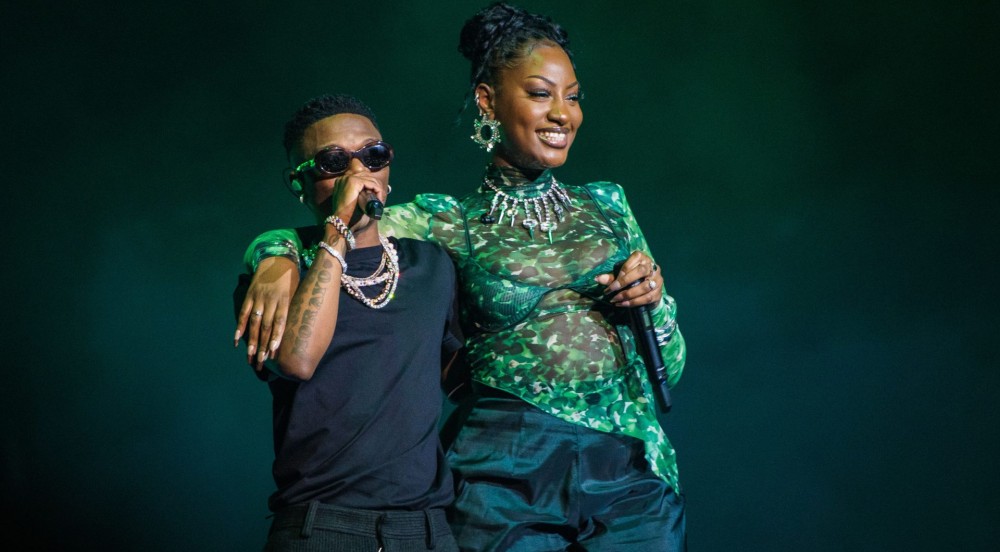The influence of African artists on the music landscape is undeniable. This is especially true as the Afrobeats genre continues its immense explosion in the U.S.
The Headies, formerly called the Hip Hop World Awards, is a Pan Africa awards show, that shines a light on the brilliance of African music and culture. It was founded in 2006 by Nigerian Hip Hop World Magazine to recognize the achievements of those in Nigerian music industry and across the Mother Continent.
On September 4, 2022, African artistry was on full display as The Headies Award show made its way to Atlanta, marking its foray into the U.S. Hosted by Anthony Anderson and Nigerian American Actress Osas Ighodaro, the show brought together luminaries and talent from across the African diaspora to highlight excellence in our people's music. Artists such as Tems, Chris Brown, Davido, Wizkid, and Akon were honored at this year's ceremony held at the Cobb Energy Performing Arts Center in the ATL.
Highlights from the evening included Wizkid winning Album of the Year for Made in Lagos (Deluxe Edition). Tems won Best Female Artiste and Best R&B album for If Orange Was a Place. Burna Boy took home African Artiste of the Year and Best Male Artiste. "Essence" by Wizkid featuring Tems Won Song of the Year. The Songwriter of the Year went to Adekunle Gold.
Ayo Animashaun and Ava Hall, the brains behind the influential African music award show, sat down with EBONY to discuss the event and impact of African music on the culture.
EBONY: What's the reason behind the Headies Awards, which is now commemorating its 15th year?
Ava Hall: I think the organization has always been about providing a platform for amazing and incredible talent on the Continent. Some of the biggest artists that you see have had their start on The Headies stage as well as so many more names that the world has not been able to see. Having this platform allows the world to see the culture, beauty and talent that's on the Continent.
Why is it important for artists across the Continent and African diaspora to have representation and visibility in this way?
Ayo Animashaun: I always think of artists who graced The Headies stage who are now international artists and were actually really thankful for the opportunity to perform. Now, everywhere they go, the world sings their music. People who don't even understand their native lingos try to try to learn it and feel connected. That is the definition of true impact and visibility.
We're just so excited and we believe that this award show can only get bigger from here. We are disrupting the culture of music as we know it, and it's important to shed light on the artists who allow that to happen. It's important to establish this legacy so that artists who are starting to come up can feel comfortable stepping into their power.
What is the hope that The Headies will evolve into in the future?
Hall: I think it'll set a precedent for being an elite show highlighting artists from the Continent. For me, I'm hoping that this also enhances and amplifies the true excellence, brilliance and narrative of Africa in place of its many misconceptions that we all know to be false.
Animashaun: Ultimately, what we want to do is produce a world class show of African origin that will be favorably compared to any major award show. That's the significance. We want artists all over the globe to be just as excited for a Headie as they would be for a Grammy.
We are not cutting corners with anything. The plaques are beautiful and the talent we display is just as comparable to anyone in the world—maybe even better. The growth and success of the Headie Awards has been driven by a lot of passion and love that is not commercially driven. Otherwise, we wouldn't even be here. We don't just want to succeed, we want the music industry to have something that is deeply special.













